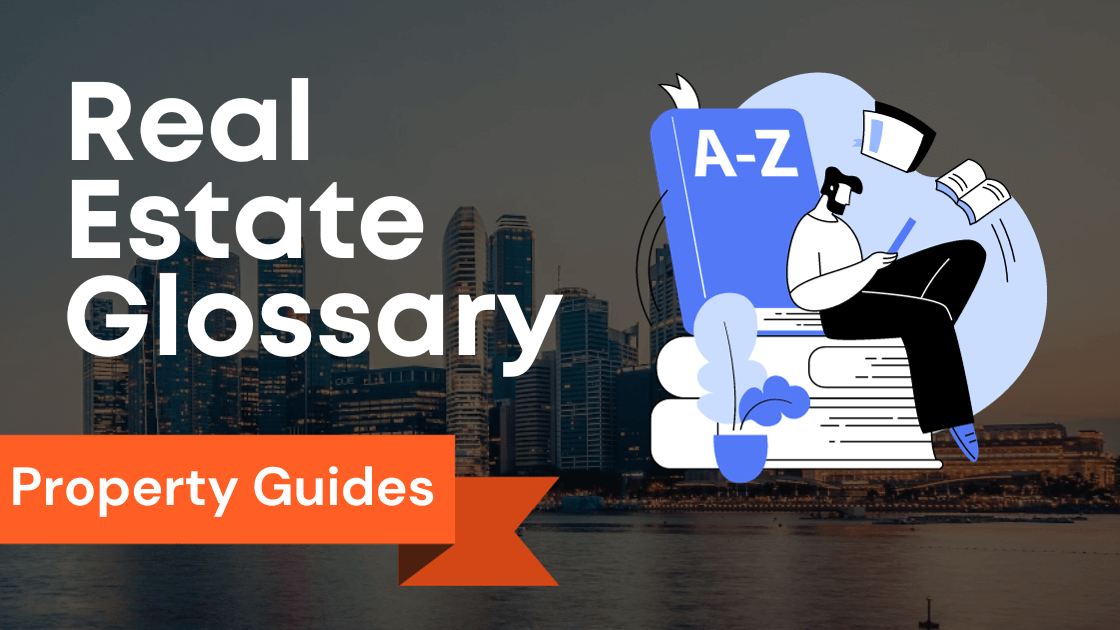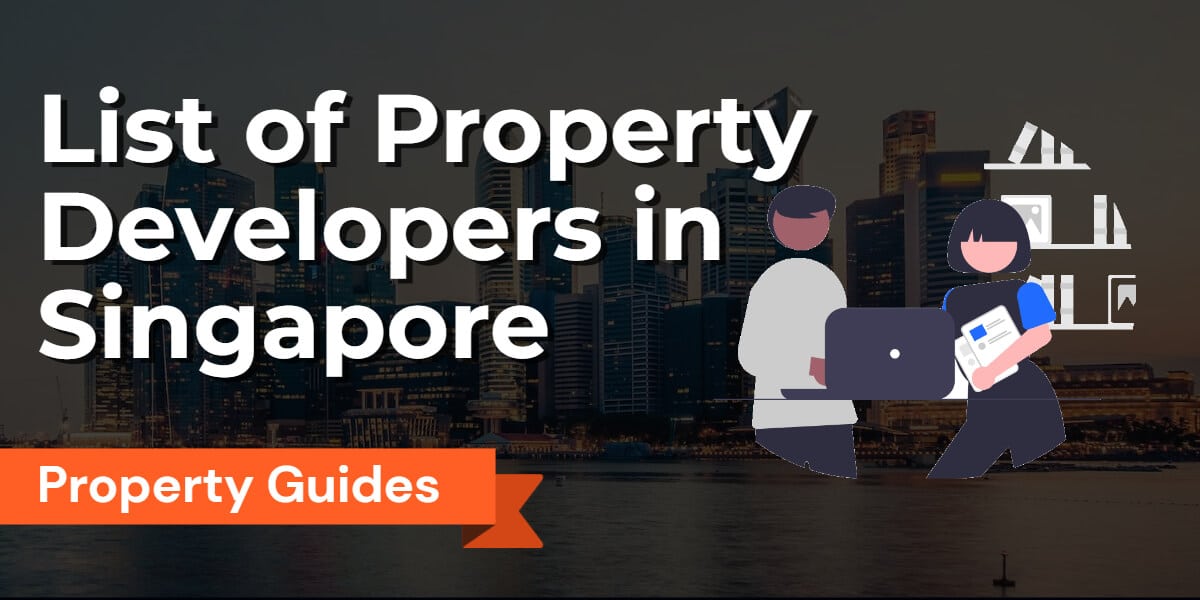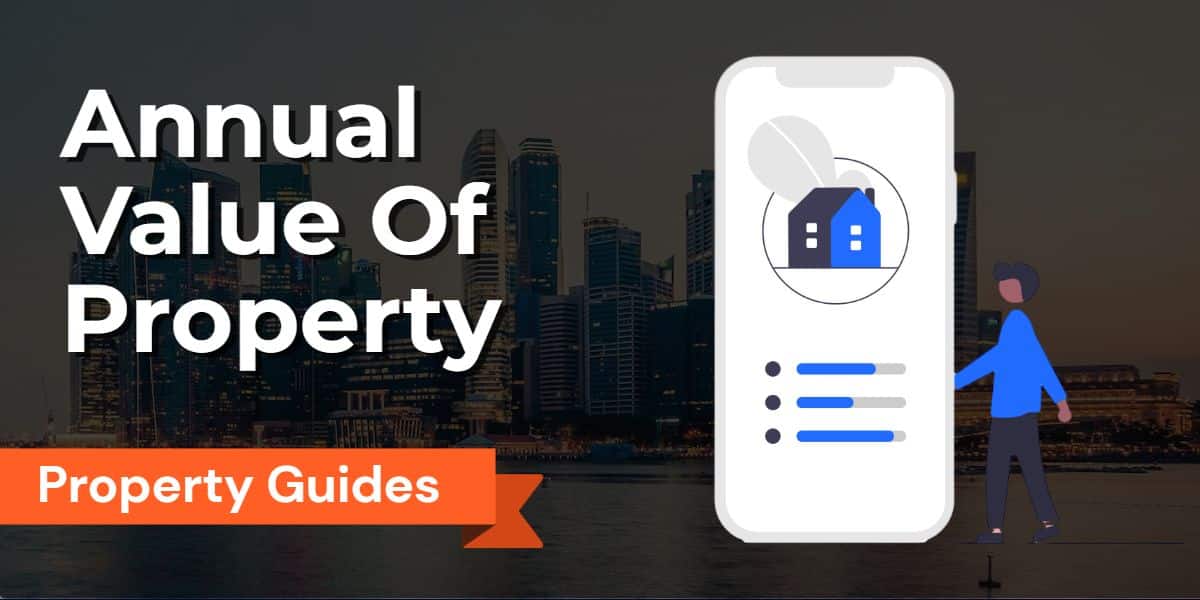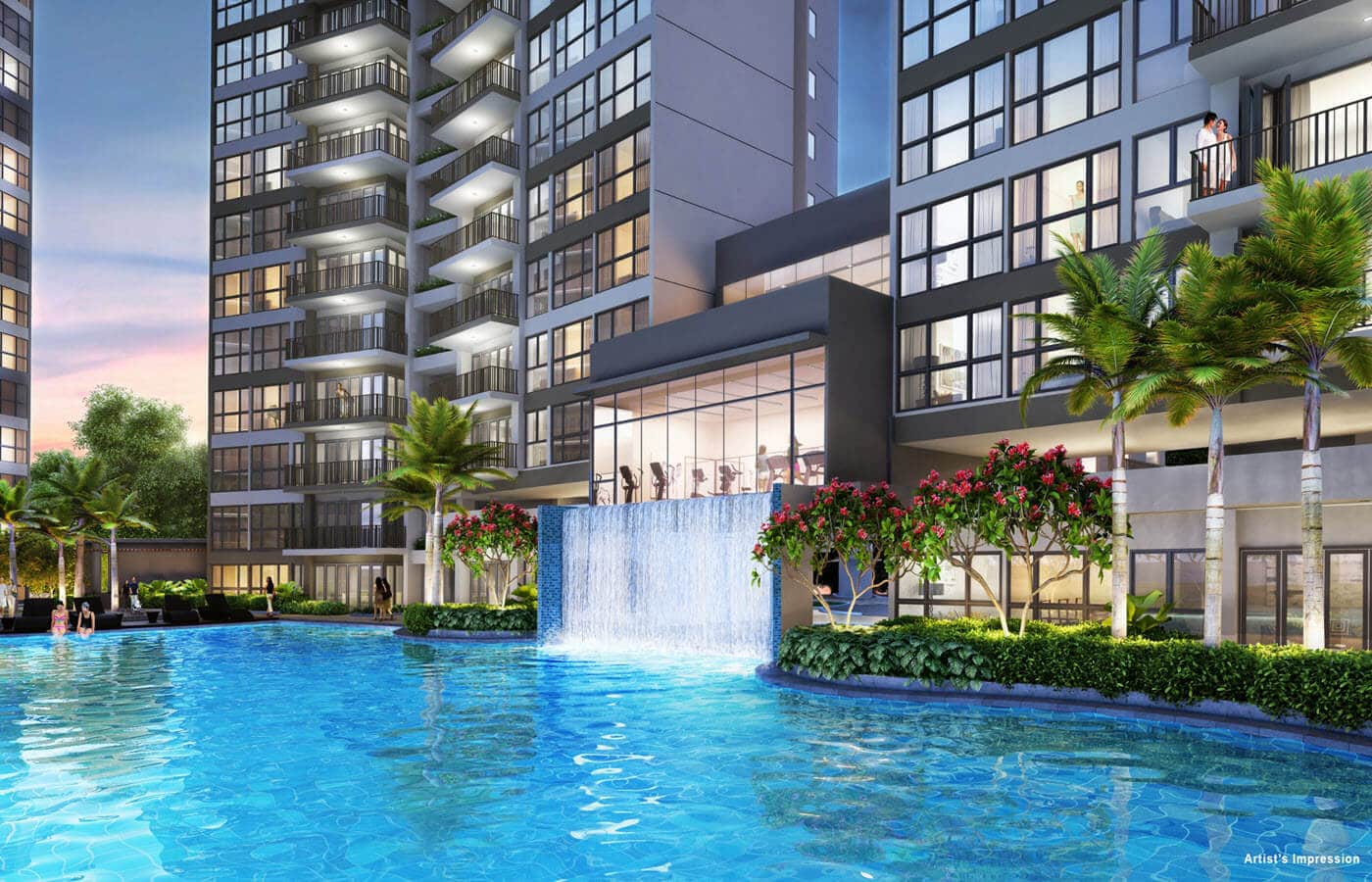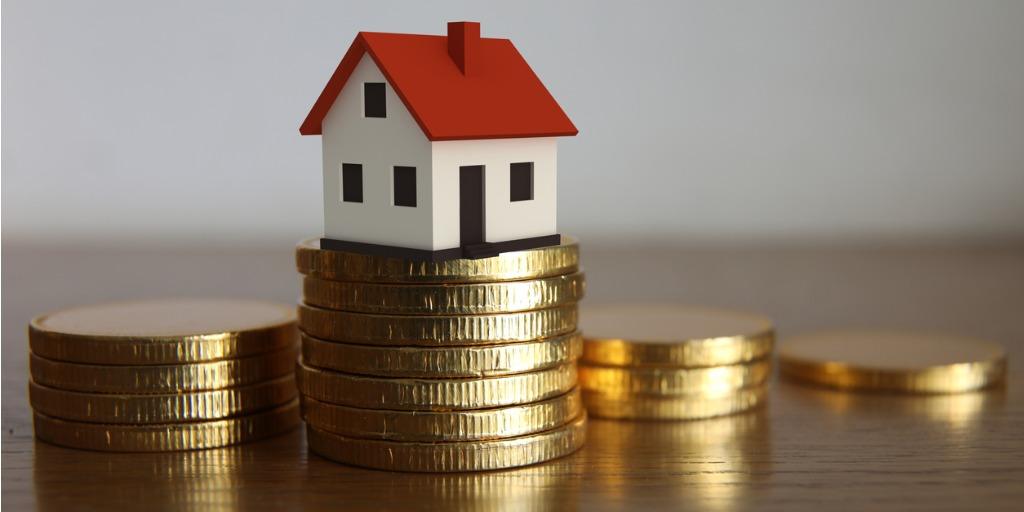
HDB flats are a popular choice due to their affordability and government subsidies but did you know that your monthly household income plays a crucial role in determining your eligibility?
In this article, we’ll explore how hdb income ceiling affect HDB flat applications and delve into alternative housing options for those whose incomes exceed the limits.
Whether you’re a first-time buyer or looking to upgrade, understanding these key factors will help you make informed decisions and turn your homeownership dreams into reality.
Key Takeaways
| Topic | Key Takeaway |
|---|---|
| HDB BTO | HDB BTO is a type of public housing in Singapore that allows citizens to purchase brand new flats directly from HDB at a subsidized cost. |
| Income Ceiling for BTO | The income ceiling for BTO flats ranges from SGD 7,000 to SGD 14,000, depending on the flat type and location. Only households with a gross monthly income within the ceiling are eligible to apply. |
| Exceeding Income Ceiling for BTO | If your household income exceeds the income ceiling for BTO, you are not eligible to apply for this type of public housing. Other options like resale flats and executive condominiums may be considered. |
| Resale Flats and Income Ceiling | Resale flats can be purchased by eligible buyers regardless of the income ceiling, but those with higher incomes may only purchase larger or older flats. Income levels also affect eligibility for HDB loans and subsidies. |
| Options for Exceeding Income Ceiling | Options for households exceeding the income ceiling include purchasing older or larger resale flats or considering executive condominiums (ECs). |
| Eligibility for Resale Flats | Eligibility for resale flats is determined by factors such as citizenship, ethnicity, ownership of other properties, and household income, which is calculated based on the median gross monthly income for the past 12 months. |
| HDB EC Income Ceiling | The income ceiling for executive condominiums is higher than that of BTO flats, ranging from SGD 14,000 to SGD 16,000 per month, based on the combined household income. |
| Buying EC with Exceeding Income Ceiling | Households exceeding the income ceiling may still be eligible to purchase an EC, but they may not receive the full CPF Housing Grant or HDB loan and may need to pay a resale levy in the future. |
| Restrictions for Resale HDB Flat | Purchasing a resale HDB flat is subject to restrictions such as minimum occupancy periods, ethnic integration policies, loan limits, and income ceiling for eligibility. |
| Finding Resale Flat within Income Ceiling | The HDB resale portal and property agents can help find resale flats within the income ceiling, but it is important to clarify budget and eligibility criteria. |
| Enhanced CPF Housing Grant | The Enhanced CPF Housing Grant is a government subsidy that helps lower- to middle-income families afford public housing. Eligible first-time families can receive up to SGD 80,000 in grants. |
| Private Housing Alternatives | Private housing alternatives are available for those who do not meet the HDB income ceiling, including private properties such as studio apartments or older condo units, and the Landed Housing Scheme for landed properties with a bank loan. |
| Flexi Flat vs. HDB Flat | Flexi flats allow customization of layout and lease periods, catering to seniors, singles, or multi-generational families, while HDB flats have a 99-year lease. |
| EC vs. Private Condos | ECs are a subsidized form of private housing restricted to citizens and permanent residents for the first ten years. They offer amenities similar to private condos but at a more affordable price. |
| Recent Changes to Income Ceiling | Recent adjustments include using the household income of the single buyer for eligibility and setting a targeted approach for income ceilings to help lower-income families own homes. |
| HDB Loan Eligibility | Monthly household income affects HDB loan eligibility, and if it exceeds the income ceiling, buyers may still be eligible but for a non-subsidized flat at the full market price. |
| CPF Housing Grants | CPF Housing Grants help eligible first-time buyers offset the purchase price of new and resale HDB flats, reducing the amount paid out of pocket. Elig |
How Income Ceiling Affects HDB BTO Applications
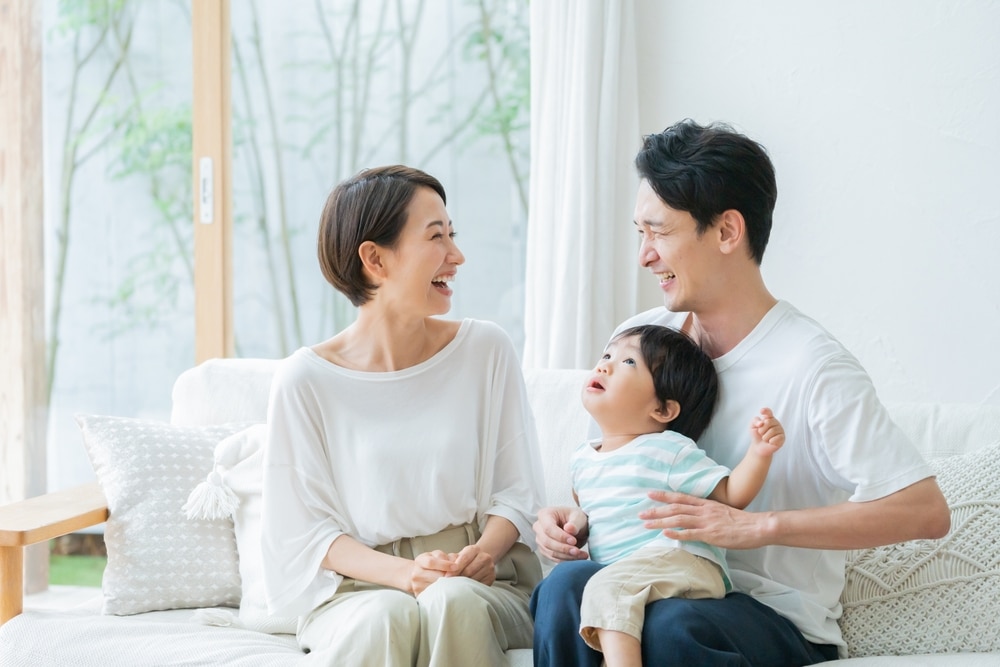
What is an HDB BTO?
HDB BTO, or Build-To-Order, is a type of public housing that allows Singaporeans to purchase brand-new flats directly from HDB.
These flats are sold at a subsidized cost and come in various locations and flat types.
HDB BTO flats are highly sought after due to their affordability and the availability of grants that help first-time applicants in their purchases.
What is the income ceiling for BTO flats?
The income ceiling for BTO flats varies depending on the flat type and the location.
As of 2021, the income ceiling for a BTO flat ranges from SGD 7,000 to SGD 14,000, with lower ceilings for smaller and higher ceilings for larger flats.
Only households with a gross monthly income within the ceiling are eligible to apply for these flats.
What if my household income exceeds the income ceiling
for BTO?
If your household income exceeds the income ceiling for BTO, you will not be eligible to apply for this type of public housing.
However, you may still be eligible for other public or private housing types, which we will explore later in this article.
Exploring the Relationship Between Monthly Household Income and HDB Resale Flats
How does the income ceiling affect resale flat
eligibility?
Resale flats are HDB flats that previous owners have already purchased and occupied.
These flats are sold on the open market and can be purchased by eligible buyers regardless of the income ceiling.
However, households with incomes exceeding the income ceiling for resale flats may only purchase flats larger or older than what they would be eligible for if their incomes were within the ceiling.
Eligibility to apply for HDB loans and subsidies is also affected by income levels.
What options are available for those whose
household income exceeds the eligibility criteria?
For those with incomes that exceed the eligibility criteria for HDB flat purchases, there are still options to consider.
One option is to purchase a resale flat that is older or larger but still within the means of the household.
Another option is to consider executive condominiums or ECs.
How to calculate eligibility for a resale flat?
Eligibility for resale flats is based on factors such as citizenship, ethnicity, and ownership of other properties.
Household income is also a crucial factor for eligibility and is calculated as the median gross monthly income for the past 12 months.
Additional income sources such as bonuses and overtime pay can also be taken into account.
HDB EC Income Ceiling: Eligibility for Executive Condominium
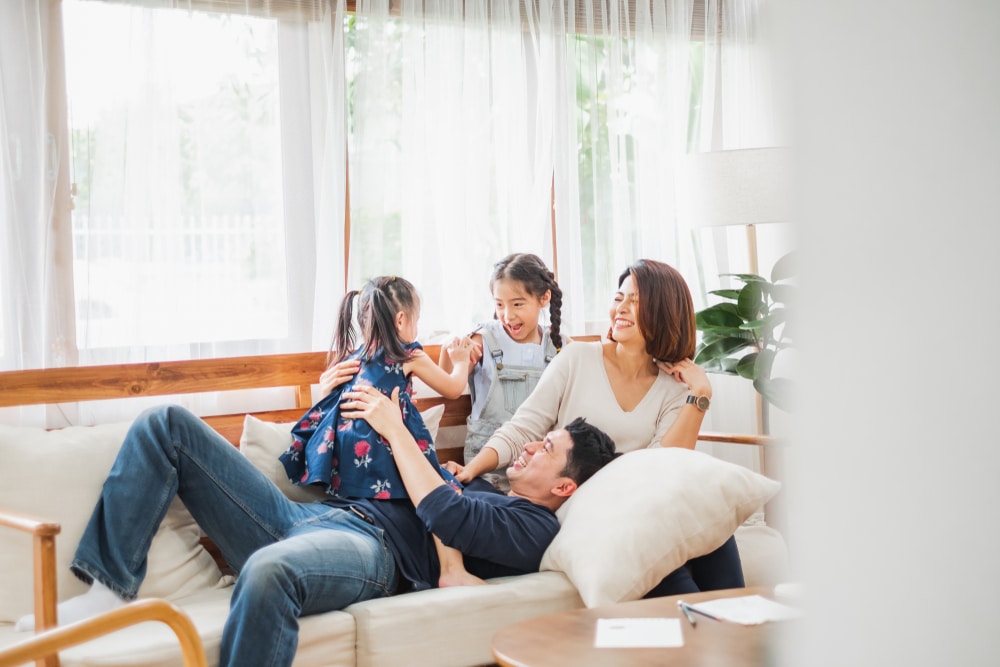
What are executive condominiums?
Executive condominiums, or ECs, are a type of public-private housing that is designed to cater to middle-income households in Singapore.
They offer amenities and facilities similar to private condominiums but at a more affordable price point.
These flats are sold with a 99-year lease, and buyers are eligible for CPF Housing Grants and HDB loans.
What is the income ceiling for ECs?
The income ceiling for ECs is higher than that of BTO flats, ranging from SGD 14,000 to SGD 16,000 per month.
However, it is important to note that the income ceiling is calculated based on the combined household income, and not just the applicant’s income alone.
Can a household with an income exceeding the income
ceiling still buy an EC?
Yes, households with incomes exceeding the income ceiling may still be eligible to purchase an EC.
However, they may not be eligible for the full amount of the CPF Housing Grant or HDB loan.
Additionally, they may need to pay a resale levy if they wish to sell their EC and purchase another subsidized flat in the future.
Navigating the HDB Resale Market within Income Ceiling Restrictions
What are the restrictions for purchasing a resale HDB flat?
Purchasing a resale HDB flat is subject to various restrictions, such as minimum occupancy periods, ethnic integration policies, and loan limits.
Additionally, buyers must ensure that their household income does not exceed the income ceiling for their flat type and location.
How do I find a resale flat within my income ceiling?
One way to find resale flats within your income ceiling is to use the HDB resale portal, which lists available flats and their prices.
You can also engage a property agent to assist you in your search, but it is important to clarify your budget and eligibility criteria from the outset.
What is the Enhanced CPF Housing Grant, and how does it
help with the income ceiling issue?
The Enhanced CPF Housing Grant is a government subsidy that aims to make public housing more affordable for lower- to middle-income families.
Eligible first-timer families may receive up to SGD 80,000 in grants to purchase a new or resale HDB flat.
This grant can be used to offset the cost of the flat and, by extension, the household’s mortgage repayments.
Exploring Affordable Housing Options Beyond HDB: Private Housing Alternatives
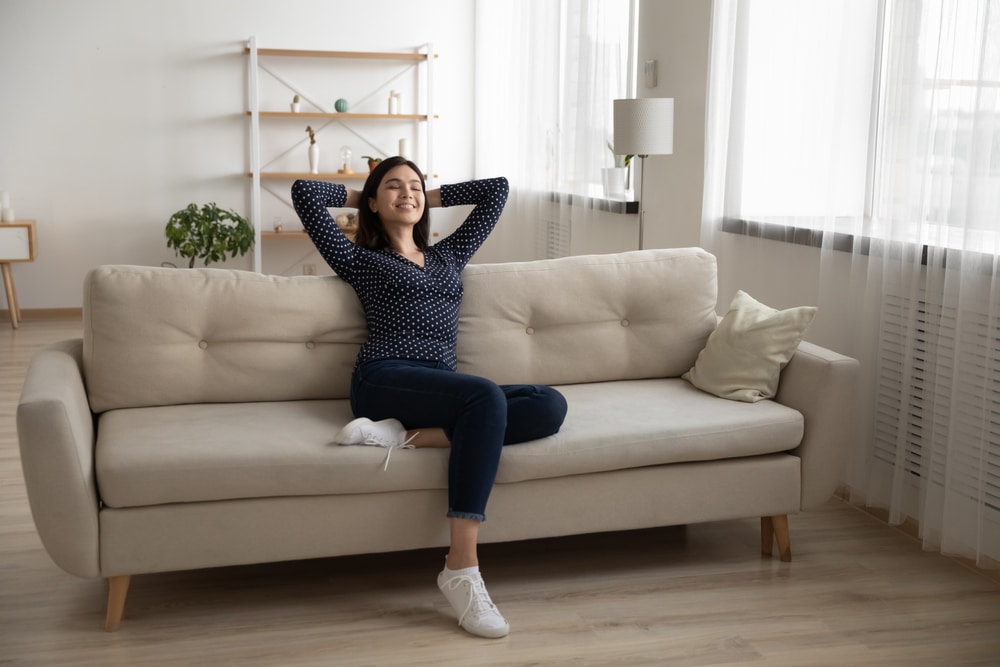
Are there private housing alternatives for those who do not
meet HDB’s income ceiling?
Yes, private housing alternatives are available for those who do not meet HDB’s income ceiling.
For example, one option is to purchase a private property such as a studio apartment or an older condo unit.
Alternatively, you may also consider applying for the Landed Housing Scheme to purchase a landed property with the help of a bank loan.
What is a Flexi flat, and how is it different from an HDB
flat?
A Flexi flat is a type of public housing that allows homeowners to customize their flat layouts and lease periods.
These flats come in various sizes and are catered to seniors, singles, or multi-generational families.
While HDB flats have a 99-year lease, flexi flats can be leased for shorter periods ranging from 15 to 45 years.
What is an EC, and how does it differ from private condos?
An EC is a subsidized form of private housing that is developed and sold by private developers.
Unlike private condos that can be sold to anyone, ECs are restricted to Singapore citizens and permanent residents for the first ten years of their occupancy.
Additionally, ECs may be subject to various restrictions, such as minimum occupancy periods and resale levies.
The Impact of Monthly Household Income on HDB Loan Applications
How does monthly household income affect HDB loan
eligibility?
The Housing and Development Board (HDB) sets an income ceiling to determine eligibility for purchasing subsidized housing.
This income ceiling is based on the average median income of Singaporean Citizens and Permanent Residents.
The monthly household income ceiling for purchasing new Build-to-Order (BTO) flats and executive condominiums is $14,000.
For purchasing resale flats, the monthly household income ceiling is $12,000.
If your monthly household income exceeds the income ceiling, you may still be eligible to purchase an HDB flat, but it will be considered a non-subsidized flat.
This means that you will not be eligible for any housing subsidy and will have to pay the total market price of the flat.
What are my options if my household income exceeds the
income ceiling?
If your household income exceeds the income ceiling, you may consider purchasing a private residential property or a non-subsidized HDB flat.
However, it’s important to remember that these options’ prices are typically much higher than those of subsidized flats.
You may also consider purchasing a smaller HDB flat to reduce costs.
How can I increase my chances of getting my HDB loan
approved?
To increase your chances of getting your HDB loan approved, you may consider applying with a co-applicant with a lower or no income.
This will decrease your combined income, making you eligible for a subsidized flat.
Additionally, you may want to ensure that your credit score is in good standing, your debt-to-income ratio is low, and you have saved up enough for the minimum down payment.
Understanding the Role of CPF Housing Grants in HDB Purchases
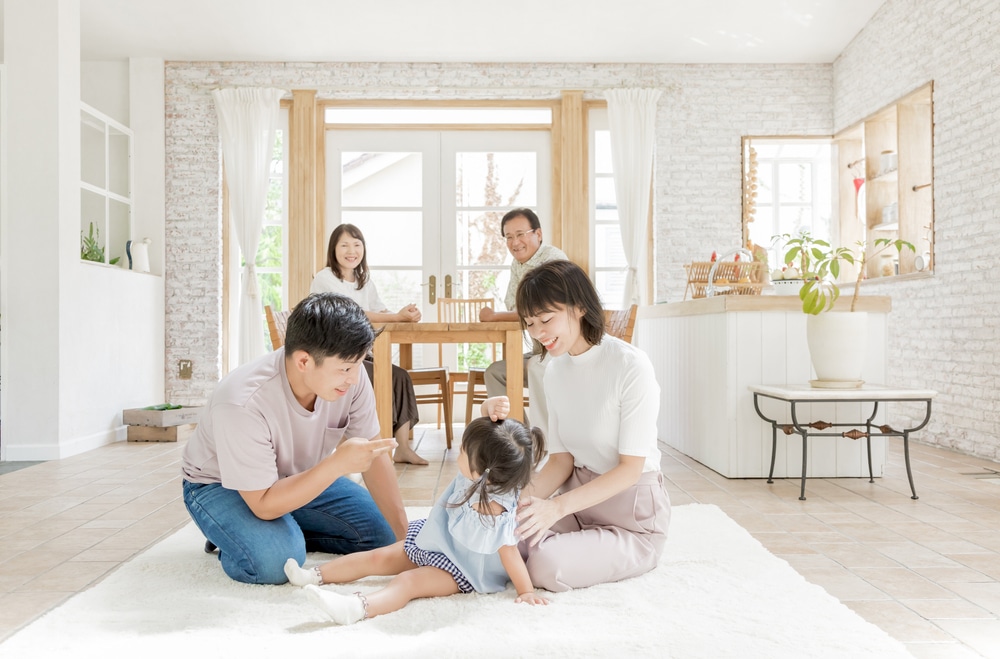
What are CPF Housing Grants?
CPF Housing Grants are financial incentives the government offers to help eligible first-time buyers purchase their first flat.
These grants can be used to offset the purchase price of new and resale flats, reducing the amount that buyers need to pay out of their pocket.
Am I eligible for CPF Housing Grants when purchasing an
HDB?
To be eligible for CPF Housing Grants, you must meet certain criteria, including the income ceiling, citizenship status, and the type of flat you purchase.
For example, first-time buyers of new 2-room flexi, 3-room, and 4-room HDB flats can receive a grant of up to $80,000.
Meanwhile, first-time buyers of resale flats can receive a grant of up to $50,000, depending on the flat type and location.
What are the different types of CPF Housing Grants
available?
Various types of CPF Housing Grants are available, including the Family Grant, Half-Housing Grant, Proximity Housing Grant, and Enhanced CPF Housing Grant.
These grants are designed to cater to different groups of buyers and their specific needs.
Government Schemes for First-Time Buyers: Making HDB More Accessible
What government schemes are available for first-time HDB
buyers?
The government offers various schemes to help first-time buyers purchase their first HDB flat.
These schemes include the Staggered Downpayment, Home Protection, and Special CPF Housing Grant.
The Joint Singles Scheme also allows two singles to buy an HDB flat together.
How can I take advantage of these schemes?
To take advantage of these schemes, you must meet the eligibility criteria.
For example, the Staggered Downpayment Scheme is available to first-timers and second-timers buying a resale flat with an HDB loan.
At the same time, the Home Protection Scheme is mandatory for any borrower using an HDB loan to buy an HDB flat.
What are the eligibility criteria for these schemes?
The eligibility criteria for these schemes may vary.
Still, generally, they are designed to help first-time buyers who meet the monthly household income ceiling of $14,000 for BTO flats and executive condominiums.
Some schemes might also have age restrictions or other requirements.
Comparing Bank Loans and HDB Loans: Pros and Cons
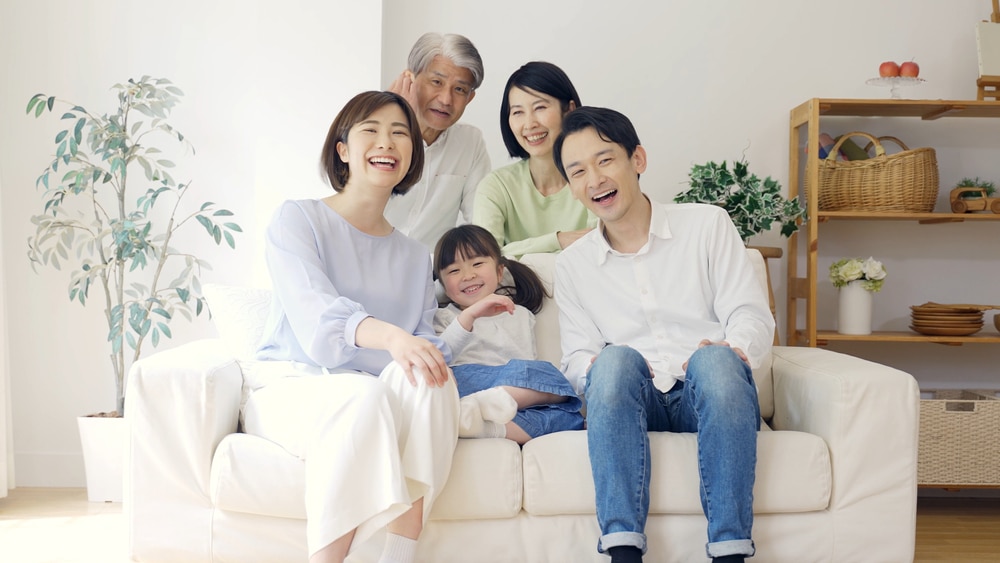
What are the pros and cons of getting a bank loan for an
HDB purchase?
The main advantage of getting a bank loan for an HDB purchase is that you have more options and flexibility regarding loan amount and repayment terms.
However, banks typically have higher interest rates and stricter requirements than HDB loans.
How do HDB loans compare to bank loans?
HDB loans are typically low-interest loans with more lenient requirements, such as a lower minimum credit score and debt-to-income ratio.
However, they are only available for purchasing HDB flats and have a fixed repayment schedule.
What factors should I consider when choosing between a
bank loan and an HDB loan?
The factors that you should consider when choosing between a bank loan and an HDB loan include your credit score, monthly income, debt-to-income ratio, down payment amount, and long-term financial goals.
The Effect of Income Ceiling on HDB Flat Types and Prices
What is the income ceiling for BTO and resale flat
applications?
The income ceiling for BTO flat applications is $14,000, while the one for resale flat applications is $12,000.
What is the impact of the income ceiling on HDB flat prices?
The income ceiling affects HDB flat prices because it determines the number of subsidies buyers are eligible for.
Buyers who exceed the income ceiling will have to purchase a non-subsidized flat, which can cost significantly more than subsidized flats.
What are the different HDB flat types and prices available
based on income ceiling figures?
The different types of HDB flats available based on income ceiling figures include 2-room and 3-room flats, among others.
The prices of these flats also vary depending on the location and type of the flat.
For example, a 2-room flexi flat (99-year lease) in a non-mature estate can cost around $100,000.
HDB Income Ceiling Adjustments: Recent Changes and Future Plans

What recent adjustments have been made to the HDB
income ceiling?
In 2019, it was announced that HDB would use the household income of the single buyer instead of the individual income when calculating eligibility for BTO flats and ECs.
This change is intended to make flats more affordable for singles.
Additionally, it was announced recently that the income ceiling for BTO and EC flats in Choa Chu Kang is $14,000.
What are the plans for the HDB income ceiling?
Minister for National Development, Lawrence Wong, has stated that HDB will use a more targeted approach in setting income ceilings for flats.
The approach will be based on helping lower-income families own a home while ensuring that larger and wealthier families will not overstretch themselves financially.
How will these changes affect the affordability of HDB
flats?
The recent adjustment in the income ceiling policy is expected to benefit single buyers, who previously had to rely on their income to be eligible to buy a flat.
The future targeted approach to income ceilings will also help ensure that lower-income families have a better chance of owning an HDB flat.
However, it is important to note that the income ceiling is only one factor in purchasing an HDB flat.
Exploring the Relationship Between HDB Income Ceilings and Singaporean Citizenship
Does the income ceiling differ for Singaporeans and non-
Singaporeans?
The income ceiling for BTO and EC flats is the same for Singaporean and non-Singaporean buyers.
What is the rationale behind the income ceiling policy for
citizens?
The income ceiling policy is in place to ensure that HDB flats are affordable for Singaporeans.
This is particularly important for lower-income families who may not have the financial means to purchase a flat in the private housing market.
What options are available for non-citizens who wish to
purchase an HDB flat?
Non-citizens can purchase a resale HDB flat, which may be more expensive than a BTO flat.
However, there are restrictions on what type of flat non-citizens can purchase.
Additionally, non-citizens may need to pay higher stamp duties than citizens.
Factors to Consider When Applying for an HDB Flat: Beyond the Income Ceiling
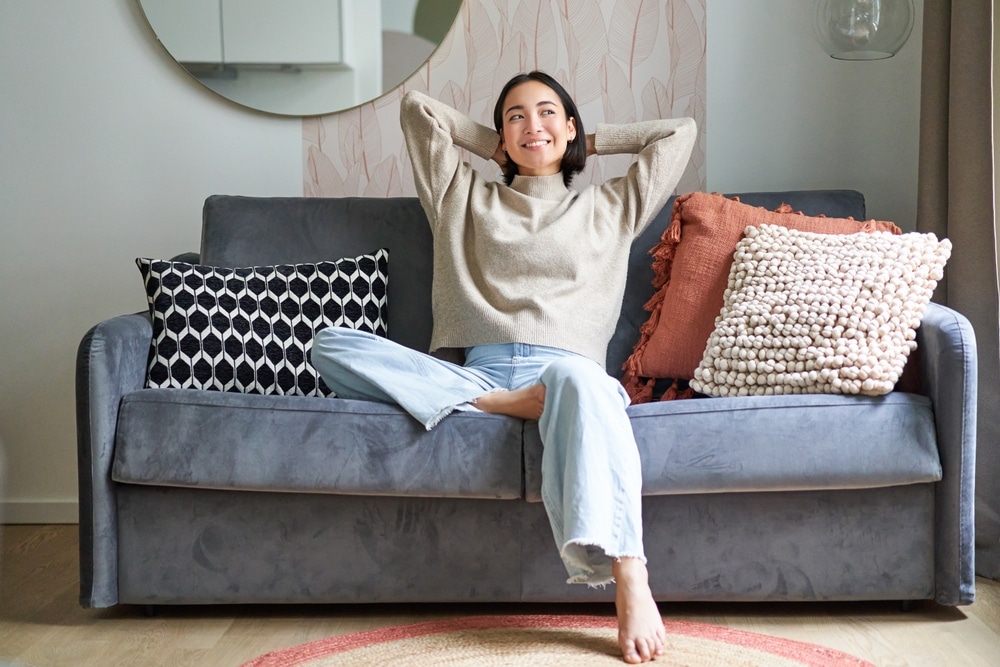
What other factors should be considered when applying for
an HDB flat?
In addition to the income ceiling, prospective buyers of BTO flats and ECs should consider factors such as waiting times, renovation costs, monthly mortgage payments, stamp duty, public transport, and nearby amenities such as a swimming pool.
It is also important to consider the resale price of the flat, as well as any potential changes to the housing policy that may affect the value of the flat.
How do wages and employment stability play a role in the
application process?
Wages and employment stability are important factors in determining whether a buyer can afford the flat.
Prospective buyers should consider their current income and the potential for future income growth.
This can help determine whether the monthly mortgage payments are affordable in the long term.
What are some affordable housing options for those who
do not meet the income ceiling requirements?
Those who do not meet the income ceiling requirements may still be able to purchase an HDB flat.
The HDB offers a range of affordable options, including 2-room Flexi units.
Additionally, private housing on the outskirts of Singapore may be more affordable for those who do not meet the income ceiling requirements.
HDB Income Ceiling: Addressing the Needs of Lower-Income Singaporeans

How does the income ceiling policy help lower-income
Singaporeans?
The income ceiling policy is designed to help lower-income families own a home.
By setting an income ceiling, the HDB ensures that flats are affordable for those who may not have the resources to purchase a flat in the private housing market.
What types of flats are available for those who fall below
the income ceiling?
The HDB offers a range of flat types for those below the income ceiling.
These include 2-room Flexi units, which are affordable and come with a shorter minimum occupation period.
Additionally, lower-income families may be eligible for subsidized government housing.
What other financial considerations should be taken into
account, such as monthly mortgage payments and stamp
duty?
In addition to the income ceiling, prospective buyers should also consider other financial factors such as monthly mortgage payments and stamp duty.
Monthly mortgage payments can be determined using HDB’s online calculator, while stamp duty rates can be found on the Inland Revenue Authority of Singapore (IRAS) website.
Note: At the time of writing, the income ceiling for BTO and EC flats in Choa Chu Kang is $14,000.
This may be subject to change in the future.
It is recommended to check government websites or consult an HDB representative for the most current information.
Other factors, such as the number of people living in the household, extended/multi-gen family, and typical family nucleus, may also impact eligibility.
Additionally, the private housing market and alternative housing options should be explored before deciding to purchase an HDB flat.
Conclusion
In conclusion, understanding the income ceiling and its impact on HDB BTO applications is crucial for prospective buyers in Singapore.
The income ceiling determines the eligibility criteria and affordability of different types of HDB flats.
If your household income exceeds the income ceiling for BTO flats, you may explore other options, such as resale flats or executive condominiums.
When making housing decisions, it is important to consider factors like monthly household income, grant eligibility, and loan options.
We invite you to check out our other blog articles if you want to learn more about HDB BTO applications and other related topics.
You can explore the relationship between monthly household income and HDB resale flats, the eligibility criteria for executive condominiums, navigate the HDB resale market, and private housing alternatives.
These articles provide valuable insights and information to help you decide on your housing options.
Remember, owning a home is a significant milestone, and it’s important to consider all aspects and options available to you.
We hope our blog articles have helped expand your knowledge and guide you through the process.
Frequently Asked Questions
What is HDB income ceiling for BTO?
he HDB income ceiling for BTO (Build-to-Order) flats varies depending on your household status and the type of flat you are applying for.
For example, the income ceiling for a 2-room Flexi flat is $7,000 for families and $14,000 for extended families, while for a 5-room or Executive flat it is $21,000 for families and $28,000 for extended families.
What happens if my income exceeds the income ceiling for a BTO flat?
If your income exceeds the income ceiling for the specific BTO flat you are applying for, you are not eligible to apply for that flat.
However, you may still be eligible to apply for other types of HDB flats such as resale flats or Executive Condominiums (ECs), subject to their respective income ceilings.
Is there a flat income ceiling for HDB resale flats?
Yes, there is a flat income ceiling for HDB resale flats.
The income ceiling for a resale flat is $14,000 for families and $21,000 for extended families, regardless of the type of flat.
However, do note that the income ceiling is only one of the eligibility criteria for buying a resale flat, and other criteria such as citizenship, age, and occupancy rules also apply.
How is HDB’s income ceiling calculated?
HDB’s income ceiling is calculated based on the income earned by all working members of your household, including bonuses, commissions, and allowances.
It is based on your monthly average household income for the past 12 months.
In addition, if any of your family members are self-employed, their income will be assessed based on their Notices of Assessment (NOA).
Can lower income Singaporeans buy HDB flats?
Yes, lower income Singaporeans can still buy HDB flats.
HDB has lowered the income ceilings over the years to cater to more Singaporeans of different income groups.
In addition, there are various housing grants and schemes available to help lower-income households afford their first home.
What is the current household income ceiling for prospective buyers looking to buy a BTO flat?
The current household income ceiling for prospective buyers looking to buy a BTO flat depends on the type of flat and whether the applicants are first-timers or second-timers.
For example, the income ceiling for a 2-room Flexi flat is $7,000 for first-timer families and $14,000 for second-timer families.
You can check the latest income ceilings on the Ministry of National Development’s website.
Does HDB adjust the income ceilings from time to time?
Yes, HDB may adjust the income ceilings from time to time to ensure that they remain affordable for the targeted group of buyers.
Any adjustment to the income ceilings will be announced by the Ministry of National Development, and will usually take effect from the next sales exercise.
Must not exceed the income ceiling means gross or net income?
The income ceiling refers to your gross monthly income, which includes all the regular income you receive before any deductions such as CPF contributions and income tax.
What if my income would exceed the income ceiling during the application process?
Your income ceiling is assessed based on your past 12 months’ income.
If your income exceeds the ceiling during the application process, you are still eligible as long as your average monthly household income for the past 12 months is within the income ceiling limit.
How does the HDB resale flat income ceiling differ from that of a BTO?
The HDB resale flat income ceiling is the same for all flat types, while the BTO income ceiling varies depending on the type of flat you apply for.
Also, the income ceiling for a BTO flat is higher compared to that of a resale flat, as BTO flats are generally more affordable for first-time buyers and cater to a younger age group.











